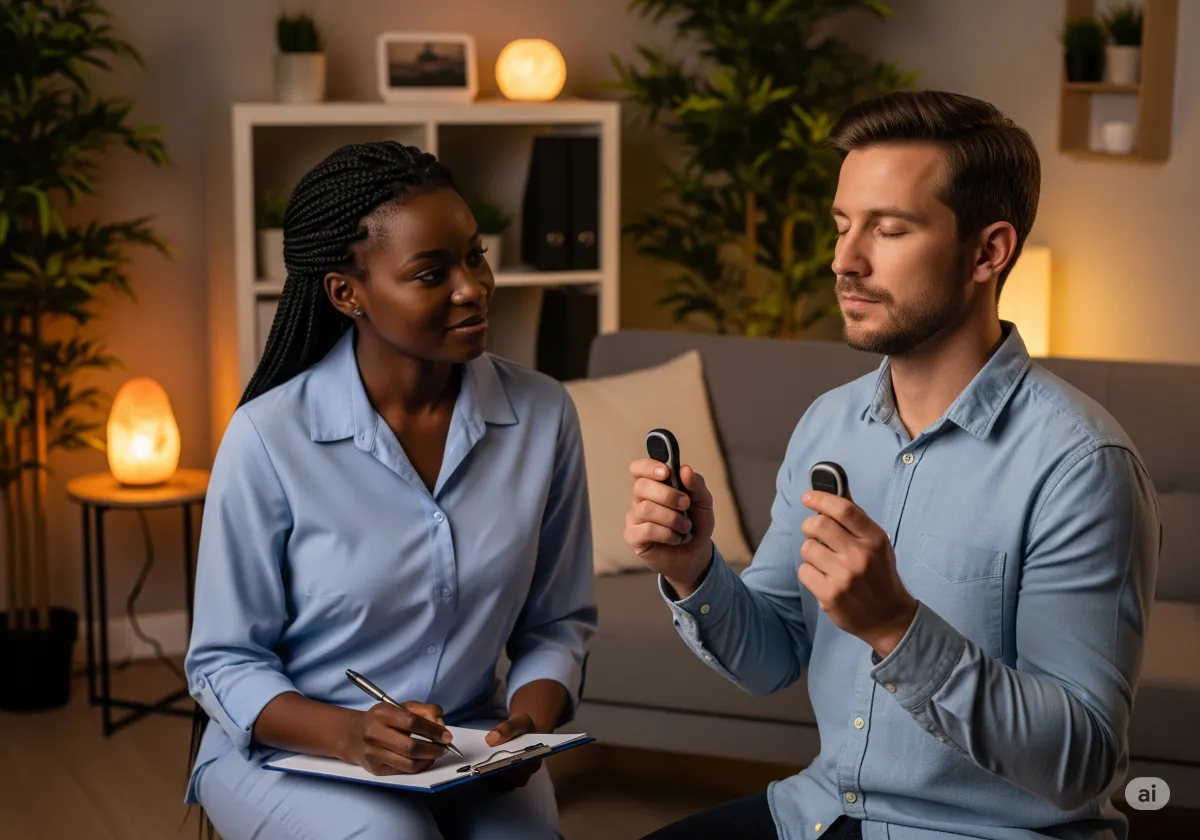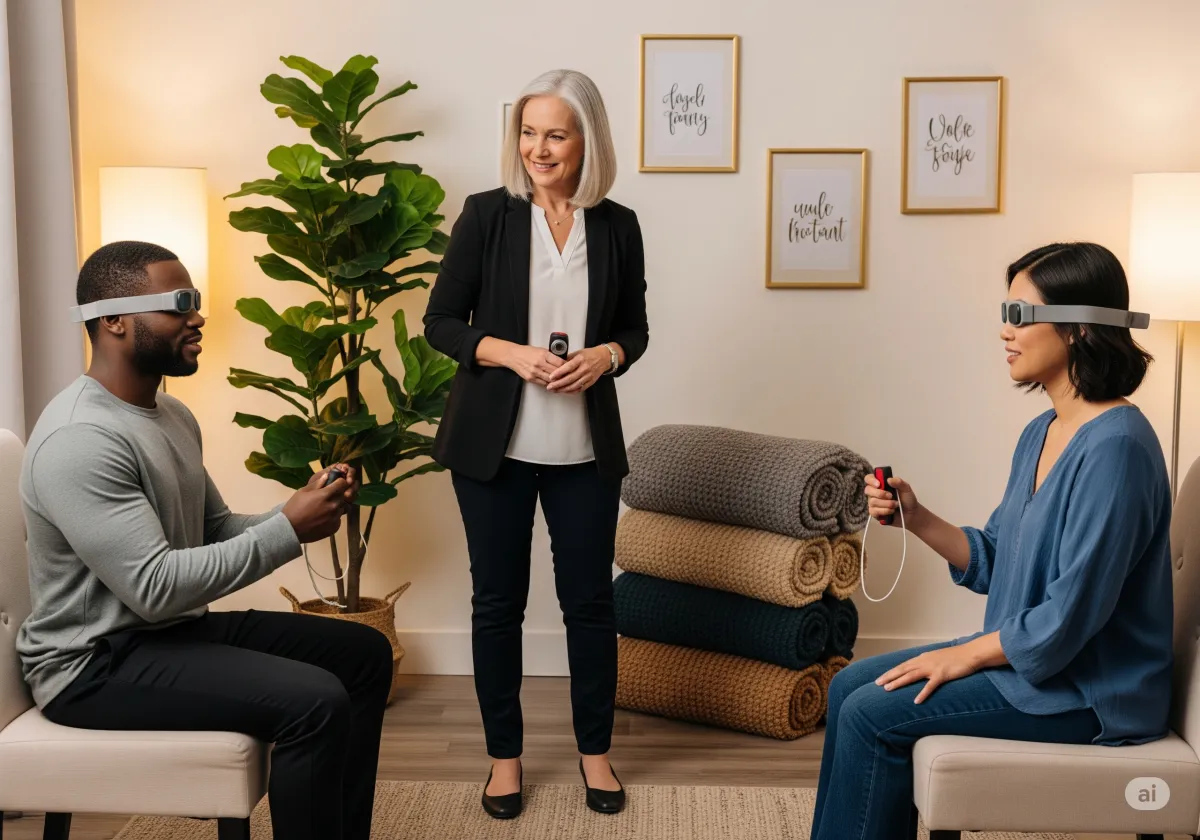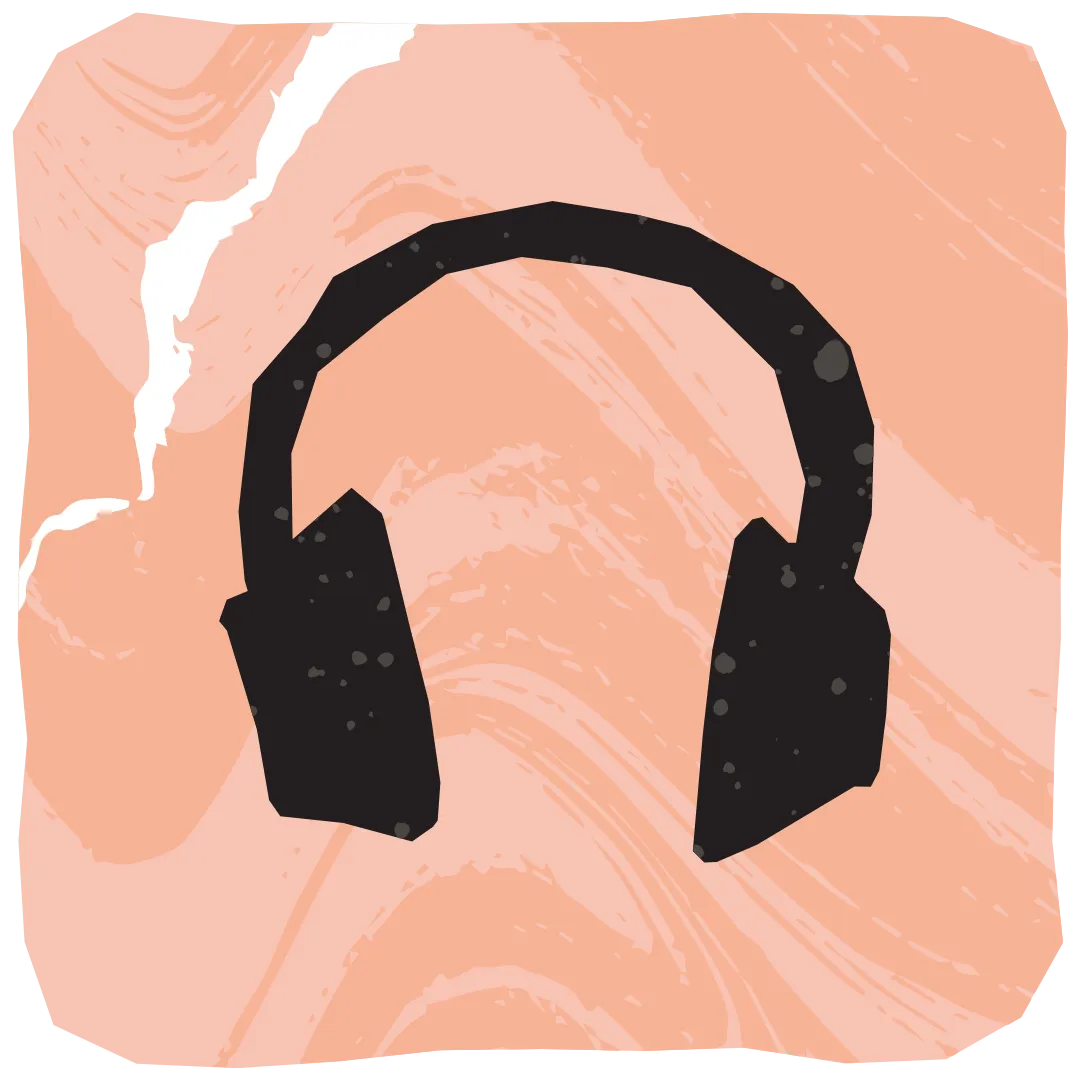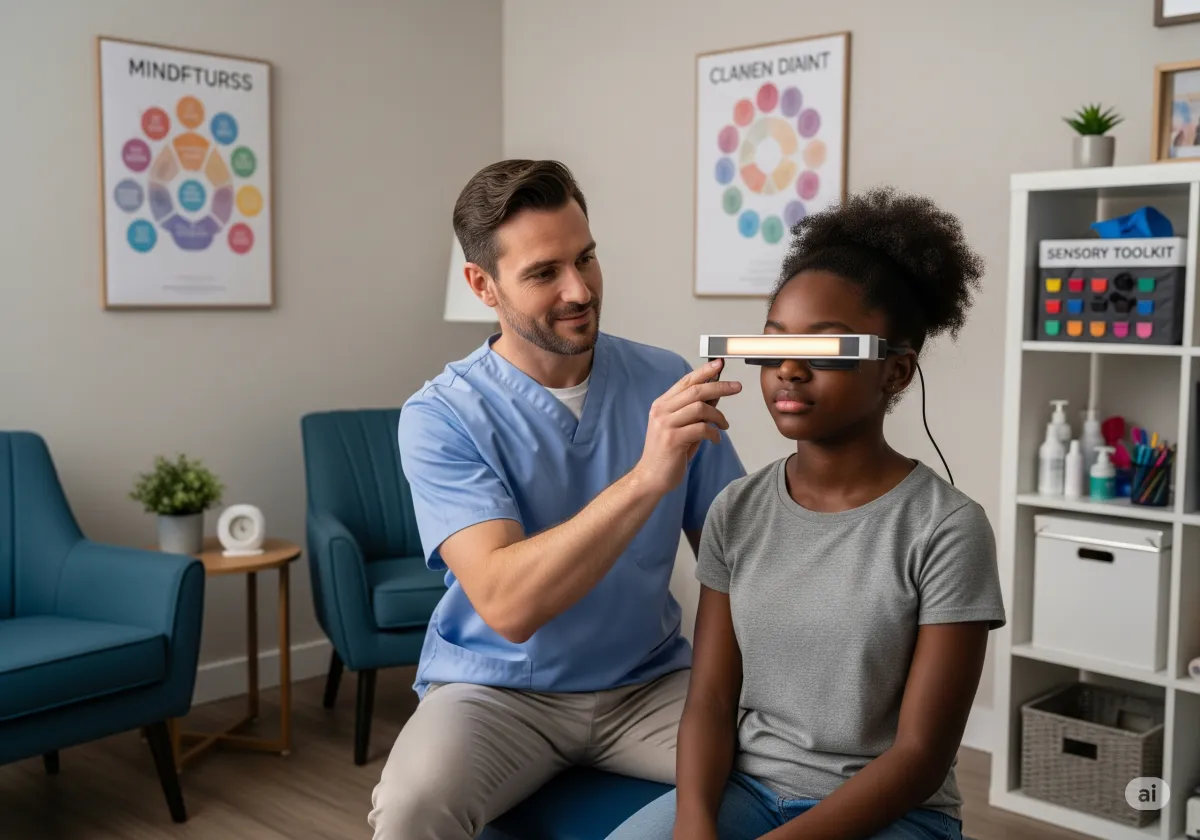Eye Movement Desensitization and Reprocessing (EMDR)

Eye Movement Desensitization and Reprocessing (EMDR)
Don't Let Your Thoughts Control Your Life
EMDR stands for Eye Movement Desensitization and Reprocessing. It’s a unique type of therapy that helps people heal from trauma, anxiety, or painful memories—without needing to talk about every detail.
WHAT WE OFFER FOR YOU
At Cornerstone Wellness Center, EMDR helps clients safely revisit upsetting memories while using guided eye movements or tapping to help the brain “reprocess” what happened and feel less overwhelmed.
Why EMDR Is Used
Some experiences leave deep marks on the mind—especially trauma.
Even years later, your body and brain might still react like the event is happening all over again.
EMDR helps the brain file those memories away properly, so they stop getting “stuck” in the present.
EMDR is helpful for:
PTSD and traumatic memories
Childhood abuse or neglect
Anxiety or panic attacks
Grief and complicated loss
Low self-esteem or shame from past events
Phobias and specific fears
EMDR doesn’t erase memories—it helps you face them without feeling overwhelmed.
The Goal of EMDR Therapy
The goal of EMDR is to help you heal from the inside out—so you can think about painful things without reliving the pain. The therapist guides you through short sets of eye movements (or taps), while you think about a memory or feeling. This helps the brain “digest” what happened and start to let it go.
The result? You remember the event, but it no longer controls how you feel today.
How EMDR Helps You Regain Your Life
When trauma keeps replaying in your body or mind, it can feel like it will never end. EMDR gives your brain the tools to finish what got stuck, so you can live in the present—not in the pain.
At Cornerstone Wellness Center, our certified EMDR therapists are trained to guide you through this process with care, compassion, and your comfort in mind.
A Simple Story:
Meet Jasmine
Jasmine is a 33-year-old woman who survived a car accident two years ago. Ever since, she felt jumpy, avoided driving, and had panic attacks when she heard tires screech.
At Cornerstone Wellness Center, Jasmine started EMDR. Her therapist helped her gently revisit the accident in her mind—while using hand movements to guide her focus. It wasn’t easy, but she never felt alone.
After a few sessions, Jasmine noticed a shift. She could talk about the crash without shaking. She even began driving short distances again, with growing confidence.

Disclaimer
The story of “Jasmine” shared above is a fictional example created for educational purposes. It does not represent a real client or actual session at Cornerstone Wellness Center. We are fully committed to maintaining your privacy and confidentiality in accordance with HIPAA regulations. Any resemblance to real persons, living or deceased, is purely coincidental.
Frequently Asked Questions (FAQ)
What does EMDR stand for?
ACT stands for Acceptance and Commitment Therapy. It helps people accept their thoughts and feelings instead of fighting them, and commit to actions that match their values.
Do I have to talk about my trauma in detail?
No. One of the benefits of EMDR is that you don’t need to explain everything out loud. The work happens in your mind, guided by your therapist.
Is EMDR like hypnosis?
ACT is helpful for anyone feeling stuck, anxious, sad, or overwhelmed. It’s great for people who want to live with more purpose, even in the middle of pain.
How many sessions does EMDR take?
It depends on your needs. Some people come for just a few months, while others continue longer. Your therapist will talk with you about your goals.
Is EMDR safe for children or teens?
Yes. EMDR can be adapted for younger clients and is especially helpful for kids who’ve experienced trauma or anxiety.

Our clinic is a private mental health partnership, with a carefully selected team of Psychologists.
Compliance and Cybersecurity Provided by:
Home | About | Children | Adolescents | Individuals | Families | Business Programs
© 2026, Cornerstone Wellness Center. All rights reserved.
Made with ♥ In Las Vegas, NV by Megafluence, Inc.
Powering Thought Leaders Worldwide
https://megafluence.co












